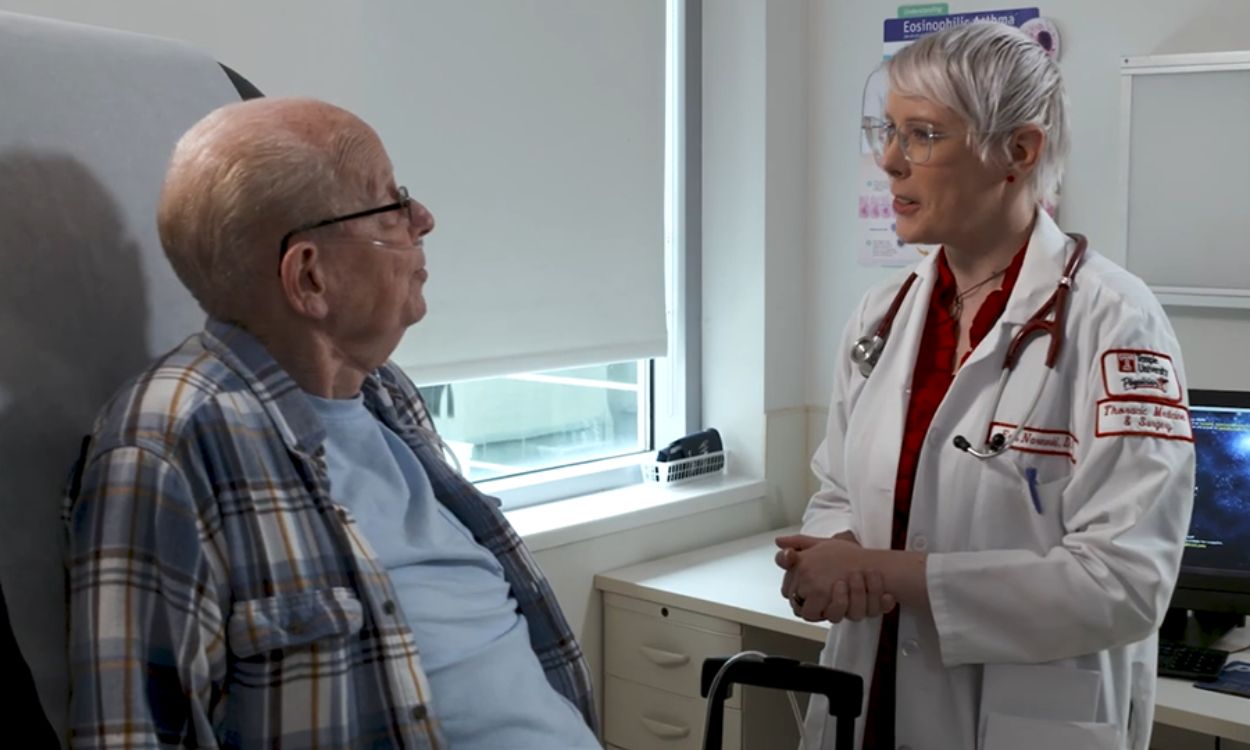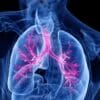Breathe Easy: Comprehensive Approaches to Treating Lung Scarring
Lung scarring, medically referred to as pulmonary fibrosis, is a condition characterized by the thickening and stiffening of lung tissue, leading to reduced oxygen exchange. This condition can result from various causes, including exposure to environmental toxins, infections, and chronic inflammatory processes. Understanding and treating lung scarring is crucial for improving patients’ quality of life and slowing disease progression.
Understanding Lung Scarring
Lung scarring disrupts normal respiratory function by compromising the lung’s ability to expand and contract, which is essential for effective gas exchange. The most common idiopathic pulmonary fibrosis (IPF) presents a significant challenge due to its unknown origin and progressive nature. Symptoms often include chronic dry cough, shortness of breath, fatigue, and, in advanced cases, heart complications.
Conventional Treatment Options
1. Medications
– Antifibrotic Agents: Drugs like pirfenidone and nintedanib are commonly prescribed to slow lung function decline. These medications help reduce fibrosis development and inflammation.
– Corticosteroids: These are sometimes used to manage symptoms, although their long-term effectiveness remains limited.
– Immunosuppressants: Drugs that suppress the immune system can help reduce inflammation and slow lung damage.
2. Oxygen Therapy:
– Providing supplemental oxygen helps improve oxygen levels in the blood, thereby relieving symptoms like shortness of breath and fatigue.
3. Pulmonary Rehabilitation:
– Exercise training, nutritional advice, and counseling are key components of this comprehensive therapy, designed to improve overall lung health and patient endurance.
4. Lung Transplant
– In severe cases, a lung transplant might be necessary. This option is generally considered when other treatments have failed and involves replacing a damaged lung with a healthy one from a donor.
5. Lifestyle Modifications:
– Quitting smoking, avoiding exposure to lung irritants, and maintaining a healthy diet can support lung health and assist in managing symptoms.
Emerging Treatments and Research
Research into lung scarring continues to evolve, with promising new therapies on the horizon. Stem cell therapy and targeted biological treatments are areas of active investigation, offering potential new avenues for managing lung scarring more effectively.
Integrating Fitpaa for Holistic Lung Health
While traditional treatments focus on managing symptoms and slowing disease progression, adopting a holistic approach can further enhance your health. This is where Fitpaa comes in, offering a comprehensive solution that can support your journey towards better lung health.
Why Fitpaa?
At Fitpaa, we understand the complexities of managing chronic conditions like lung scarring. Our personalized Fitpaa Capsule combines cutting-edge technology with expert guidance, focusing on optimizing your overall metabolism and health.
– Metabolism Assessment: Start by identifying any metabolic dysfunctions or deficiencies contributing to your condition.
– Personalized Plan: Our team of nutritionists and fitness experts will create a custom capsule tailored to your specific health needs, ensuring it complements your existing treatment regime.
– Real-time Guidance: The Fitpaa app provides 24/7 support, ensuring that you adhere to your health plan with motivation and ease.
Get Started with Fitpaa Today!
Experience the transformative power of Fitpaa and take control of your lung health. Download the Fitpaa app today to discover a world of personalized health management. Whether you’re looking to improve your lung function, manage symptoms, or enhance overall well-being, Fitpaa is your dedicated partner in health. Join us in creating a healthier future—breathe easy with Fitpaa.











